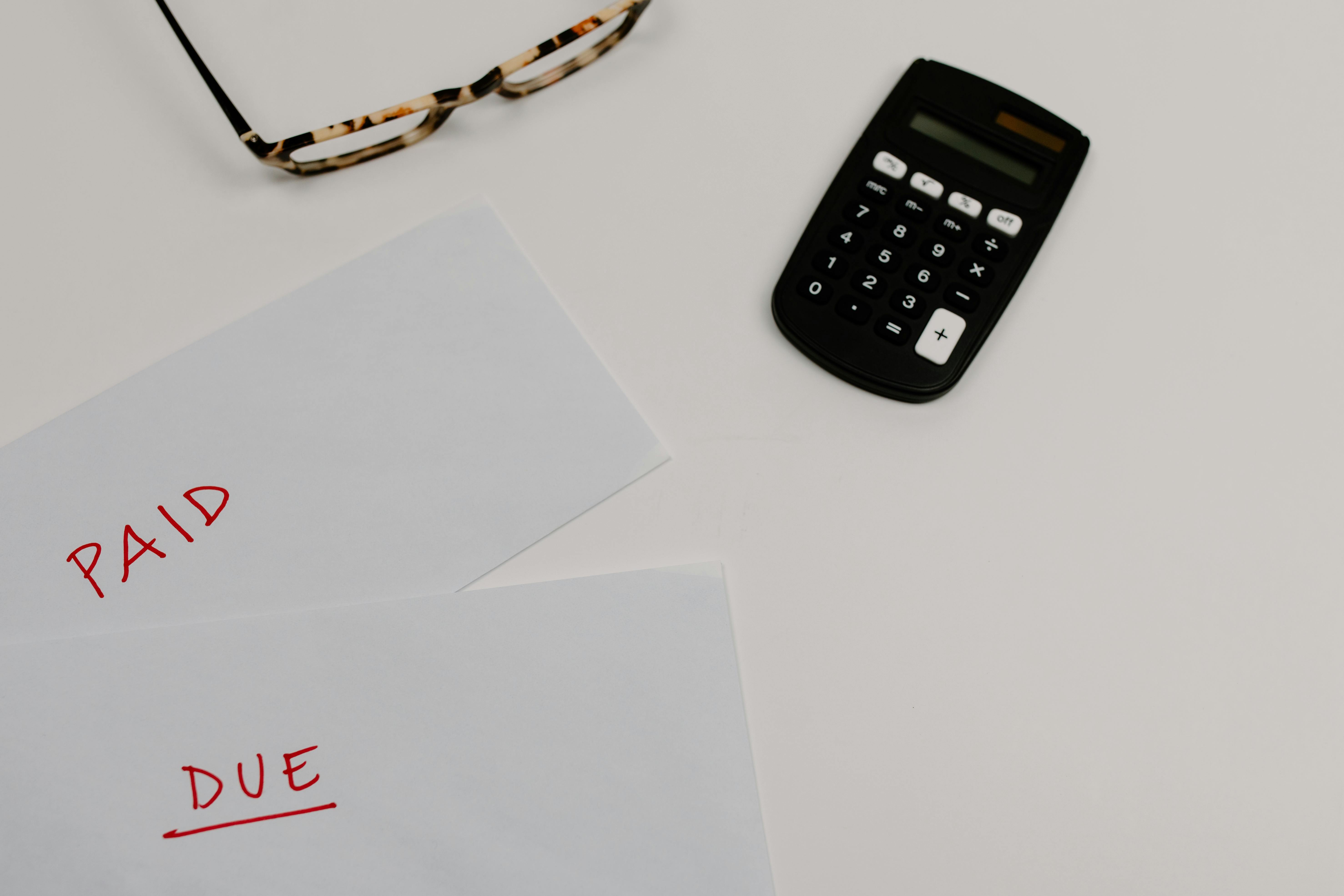What Happens If You Fail to File Your Canadian Tax Return?

Introduction
Filing a Canadian tax return is a legal obligation for individuals and businesses earning income in Canada. Failing to file on time can result in penalties, interest charges, audits, and legal consequences. The Canada Revenue Agency (CRA) actively monitors non-filers and enforces strict measures to ensure compliance.
This article explains the consequences of failing to file a tax return in Canada, potential penalties, and how to correct past non-filing issues.
1. Late Filing Penalties
- The CRA imposes a 5% penalty on the balance owing if a tax return is not filed by the due date.
- An additional 1% penalty per month is applied for up to 12 months.
- Repeated late filing (if a penalty was applied in the last three years) increases the penalty to 10% of the balance owing, plus 2% per month for up to 20 months.
2. Interest Charges on Unpaid Taxes
- Interest starts accumulating immediately after the filing deadline on any unpaid balance.
- The CRA compounds interest daily, increasing the amount owed over time.
- Interest also applies to penalties, making the total cost of late filing higher.
3. CRA Audits and Reviews
- The CRA may audit taxpayers who fail to file for multiple years.
- If income is unreported, the CRA can estimate taxes owed and issue a notional tax assessment.
- If discrepancies are found, the CRA may reassess past tax years and impose additional taxes and penalties.
4. Legal Consequences of Failing to File
- Persistent non-filing may result in criminal charges under the Income Tax Act.
- Fines of up to $25,000 and imprisonment of up to 12 months can be imposed in extreme cases.
- The CRA may seize assets, garnish wages, or freeze bank accounts to recover unpaid taxes.
5. How to Correct a Late or Unfiled Tax Return
- File as soon as possible to minimize penalties and interest.
- If taxes are owed but cannot be paid in full, apply for a CRA payment arrangement.
- The Voluntary Disclosures Program (VDP) allows taxpayers to correct past unfiled returns without facing full penalties (if reported before CRA enforcement actions begin).
6. Exceptions and Relief from Penalties
- The CRA may waive penalties and interest under the Taxpayer Relief Program if non-filing was due to:
- Serious illness or natural disasters.
- Significant financial hardship.
- Errors made by the CRA or tax advisors.
Conclusion
Failing to file a Canadian tax return can lead to steep penalties, accumulating interest, audits, and even legal consequences. The sooner a late return is filed, the lower the financial impact.
Tax Partners can assist individuals and businesses in filing late tax returns, negotiating with the CRA, and reducing penalties through the Voluntary Disclosures Program or other tax relief options.
This article is written for educational purposes.
Should you have any inquiries, please do not hesitate to contact us at (905) 836-8755, via email at info@taxpartners.ca, or by visiting our website at www.taxpartners.ca.
Tax Partners has been operational since 1981 and is recognized as one of the leading tax and accounting firms in North America. Contact us today for a FREE initial consultation appointment.